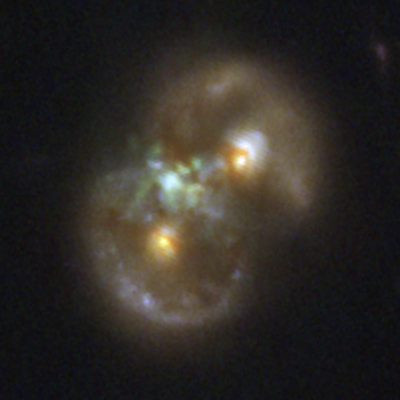
A pair of galaxies whose light has traveled for 8.3 billion years contains what astronomers believe is a supermassive black hole in the act of forming.
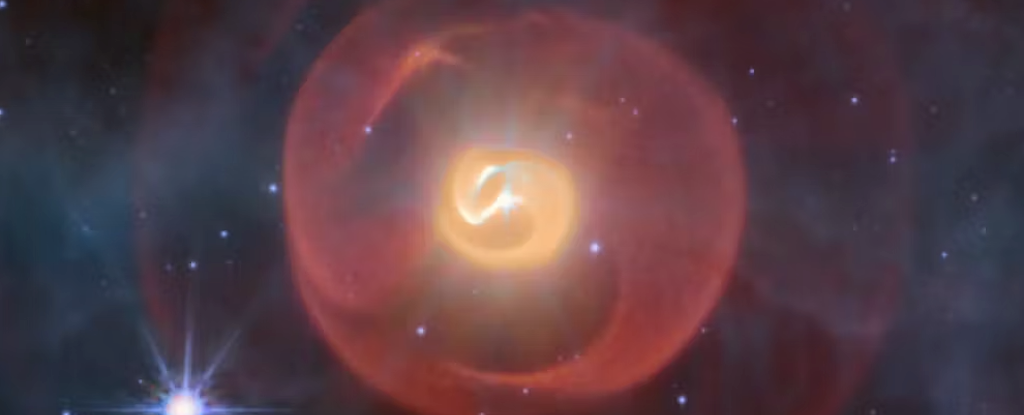
Right before they die as supernovae, the universe's most massive stars violently shed their outer hydrogen layers, leaving their heavy cores exposed.
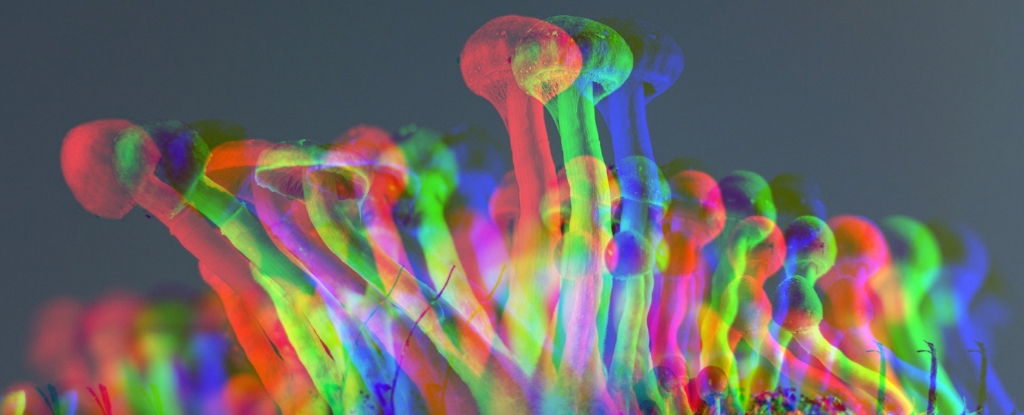
A new study has found the first experimental evidence that the compound can increase longevity and fight signs of aging.
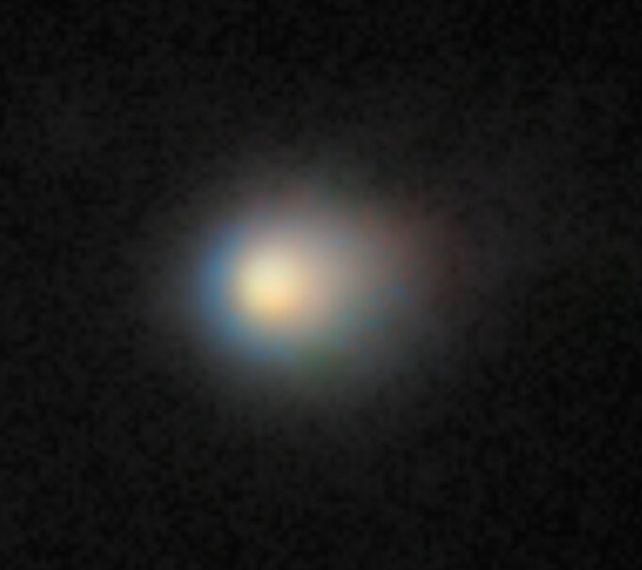
The speed and trajectory of 3I/ATLAS suggest that it comes from the thick disk of the Milky Way, the puffy region around the thin disk wherein just 15 percent of the galaxy's stellar mass resides.

An international team of scientists has sequenced the whole genome from an adult male Egyptian who lived between over 4,500 years ago - a few centuries after Egyptian unification, bridging the Early Dynastic and Old Kingdom periods.
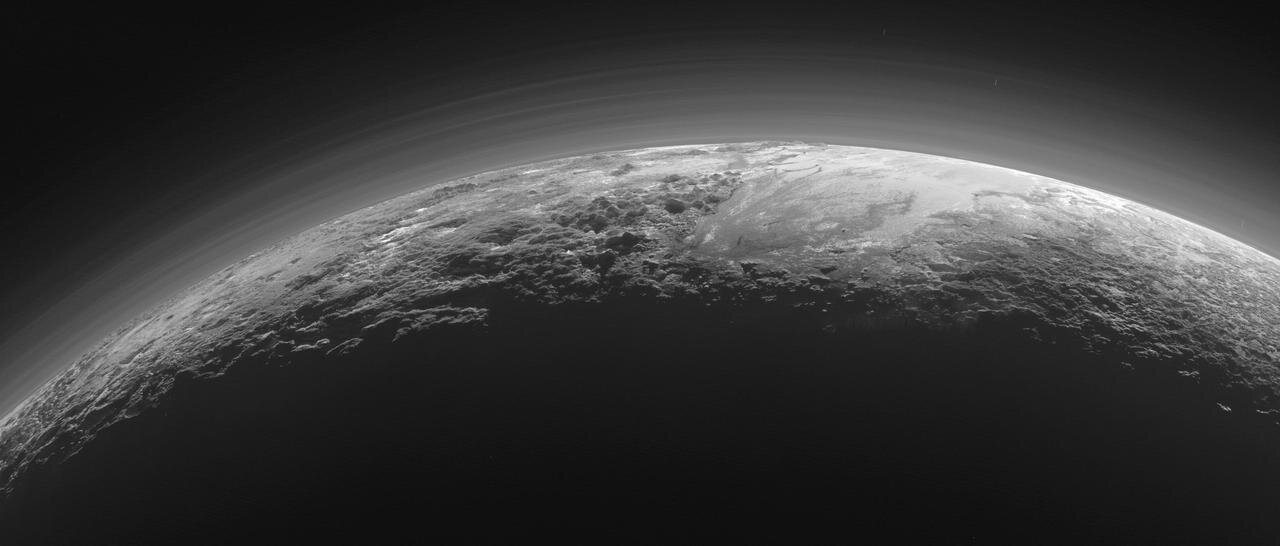
As NASA's New Horizons spacecraft traveled through the Kuiper Belt at a distance of more than 5.5 billion ml from Earth, an international team of astronomers conducted the first-ever successful demonstration of deep space stellar navigation.
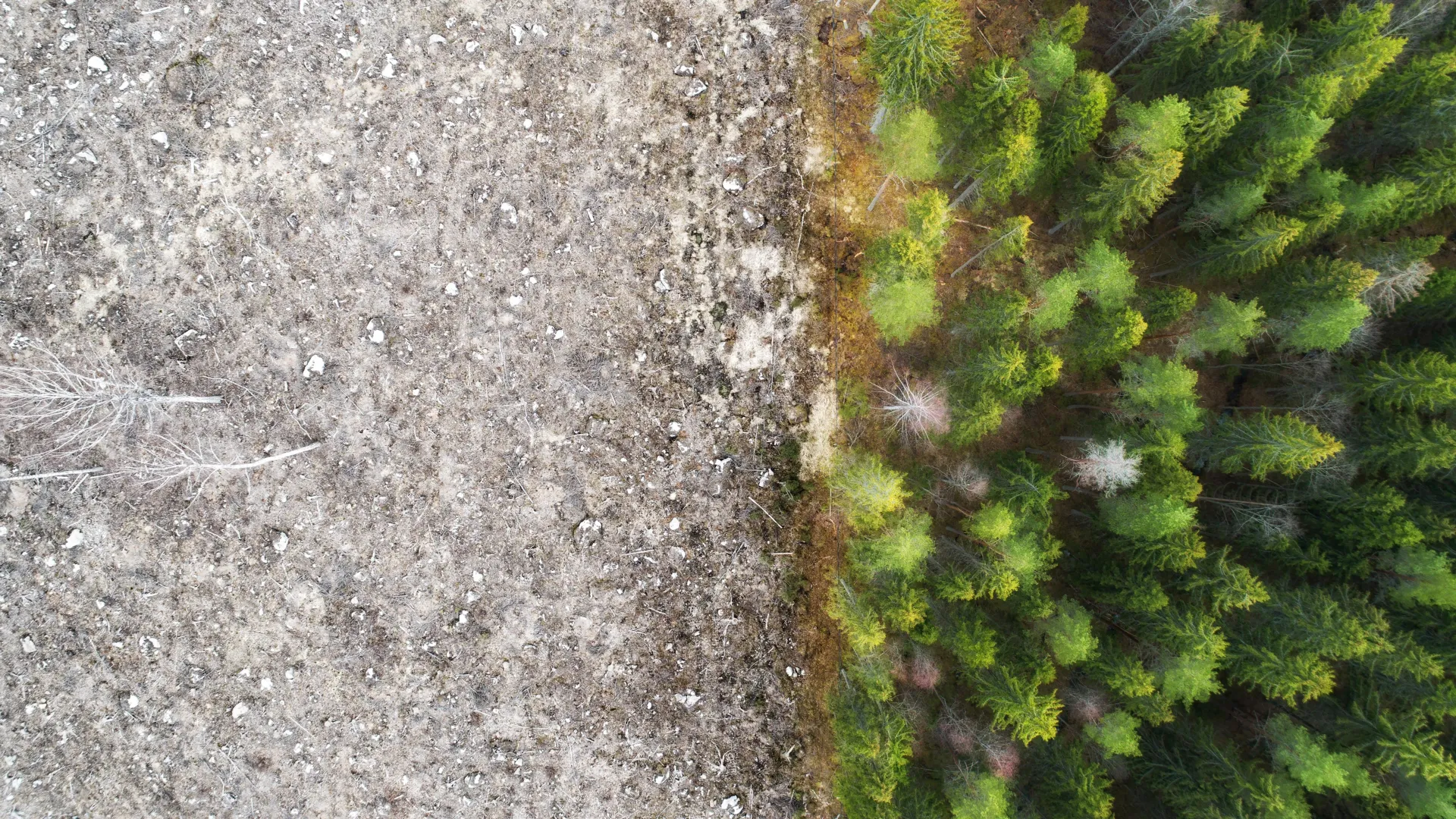
While temperatures soar within decades, tree populations take 100 to 200 years to shift in response. A sweeping new analysis of ancient pollen and modern data reveals this dramatic lag - and its consequences.

A cutting-edge gene therapy has significantly restored hearing in children and adults with congenital deafness, showing dramatic results just one month after a single injection.

Scientists are on the trail of a mysterious five-particle structure that could challenge one of the biggest theories in physics: string theory.
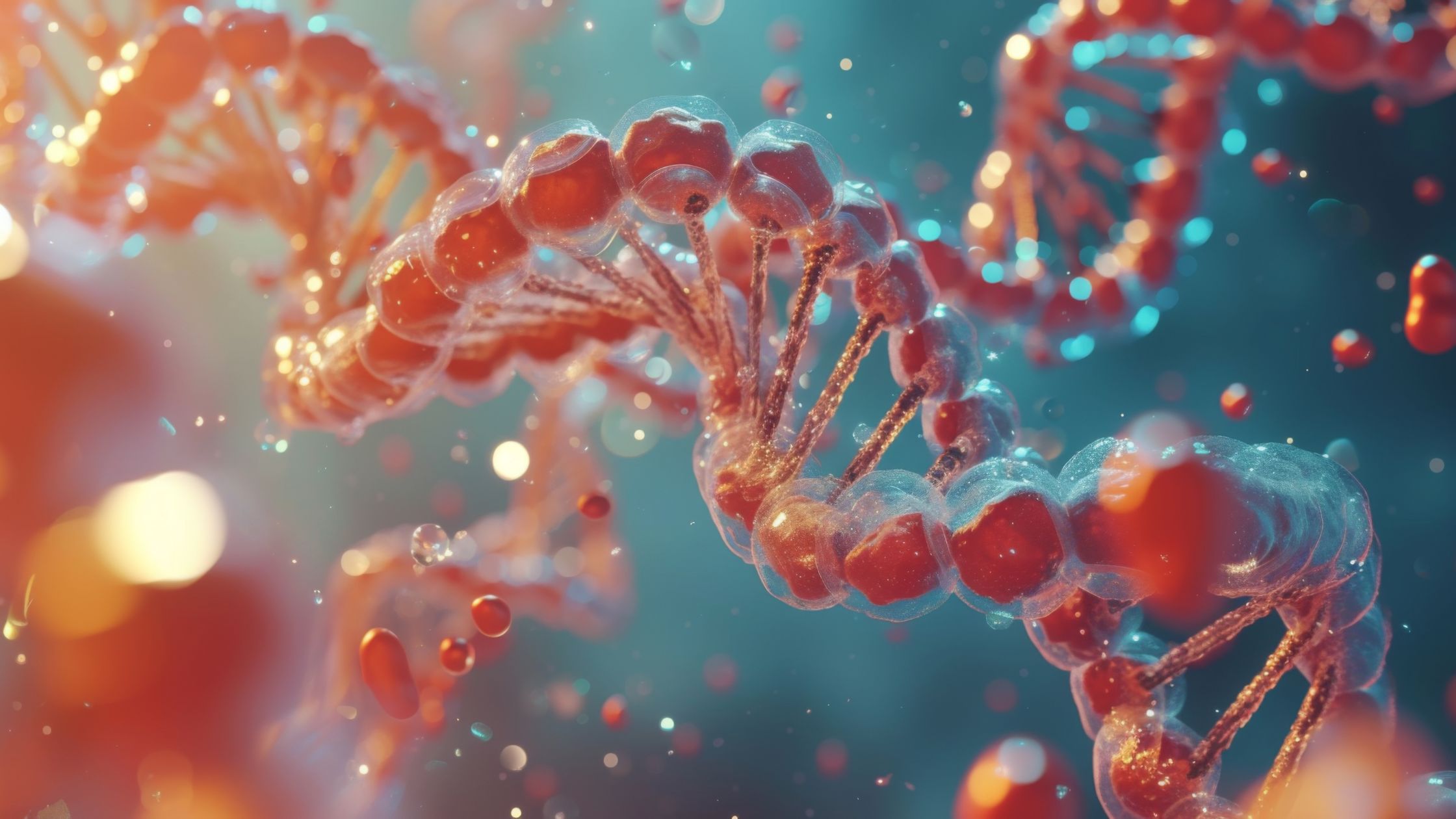
A team of researchers in the UK has started an ambitious new scientific project: to create an artificial human genome entirely from scratch.
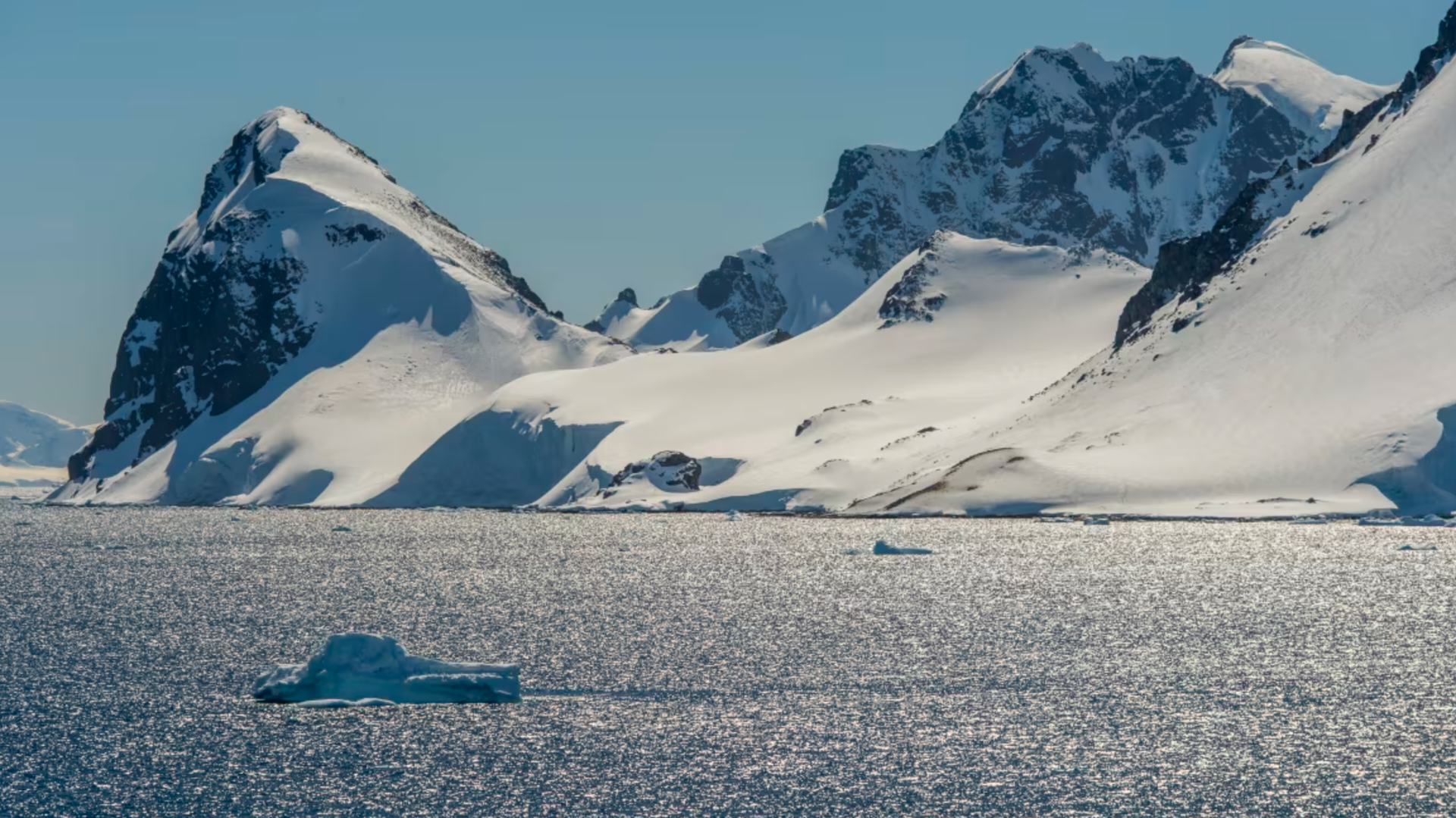
In recent years, the Southern Ocean has undergone rapid rise in surface salinity across the waters surrounding Antarctica, paired with a steep and ongoing decline in sea ice.

The world's first commercial hybrid of silicon circuitry and human brain cells will soon be available for rent.
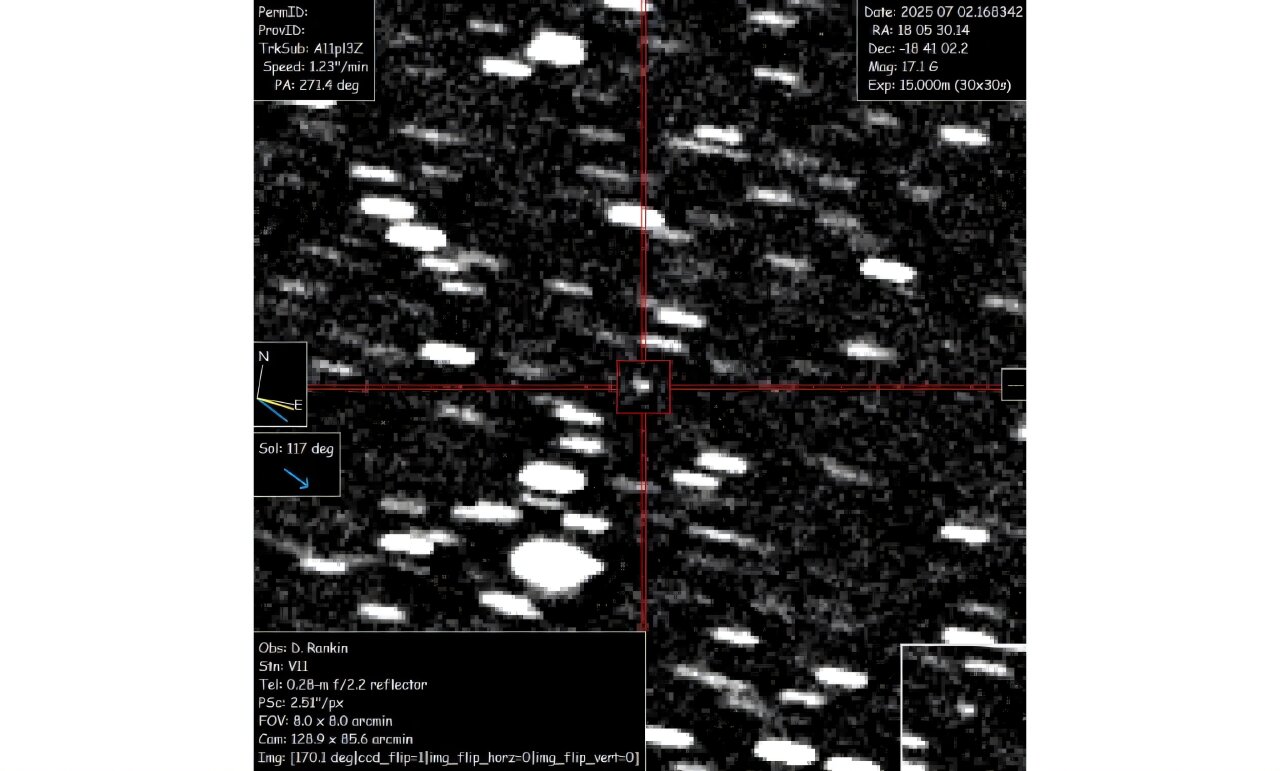
Astronomers on Wednesday confirmed the discovery of an interstellar object racing through our solar system - only the third ever spotted, though scientists suspect many more may slip past unnoticed.

Time, not space plus time, might be the single fundamental property in which all physical phenomena occur, according to a new theory by a University of Alaska Fairbanks scientist.

The world's most advanced AI models are exhibiting troubling new behaviors – lying, scheming, and even threatening their creators to achieve their goals.